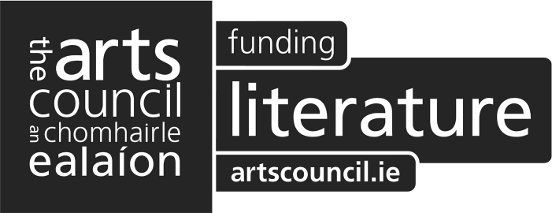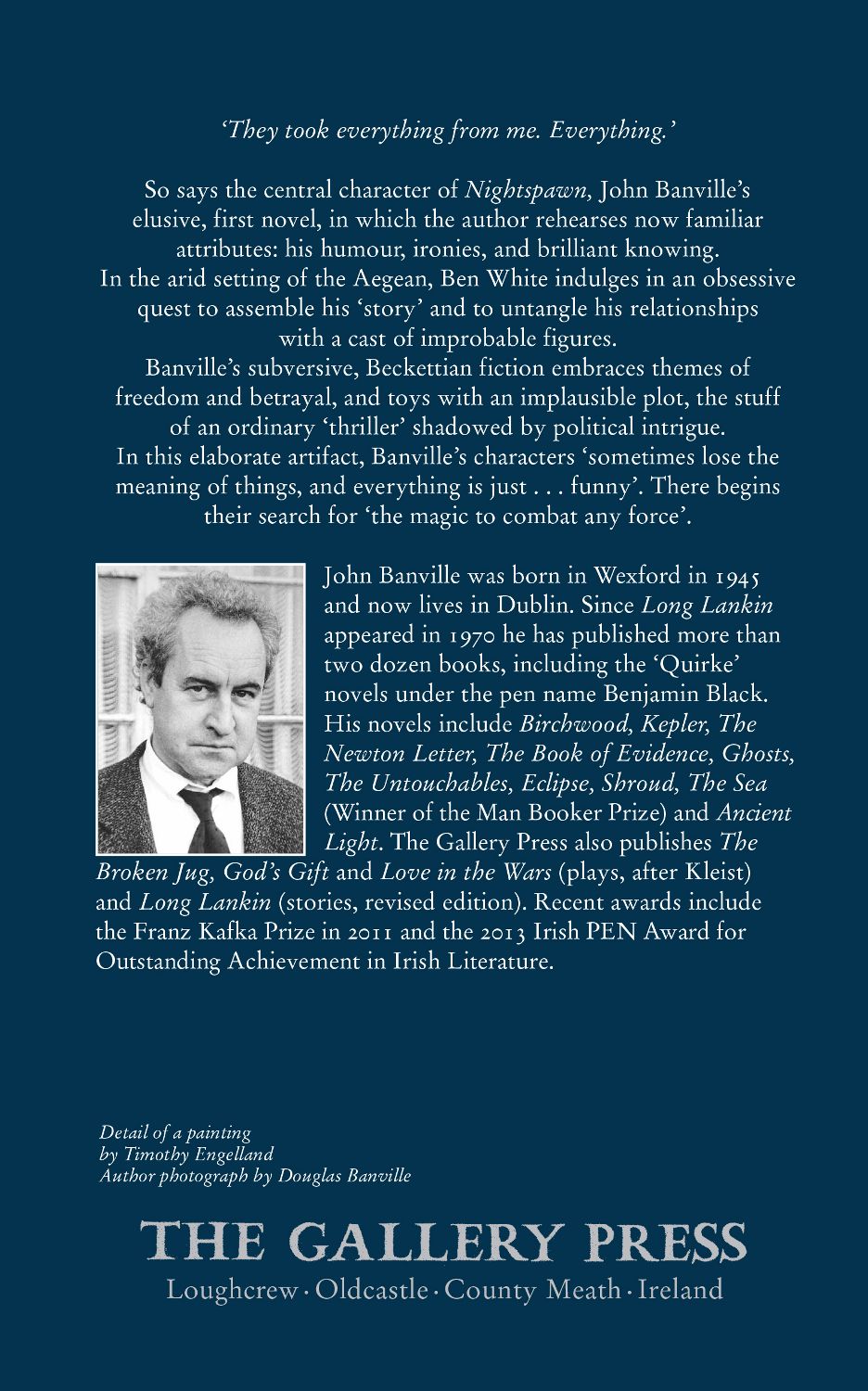Nightspawn (24 page)

‘But I’m asking you, now.’
We turned back, and stopped between the mirrors. She made some indecisive sounds, and then said,
‘We are hoping for an improvement, so that he can be taken into hospital. It’s always possible that —’
‘He’s dying.’
Her hands fluttered nervously, and fell together like frightened animals. She turned away from me, and opened the door of the room, saying,
‘I am not supposed to leave him.’
I followed her inside, and we sat down on either side of the bed. She made as if to speak to me again, but changed her mind, and picked up the novel. I looked at Aristotle. He had lost most of his hair, and the flesh of his face was stretched tightly over the bone. The grin of the skull was already breaking through. The long hours of darkness crept past. My chin fell to my breast, and I began to doze fitfully. A nerve, quivering in my leg, brought me awake again with a start. The bulb was flickering, and the old man was staring at me with wide, moist eyes. I waved frantically at the nurse. She left her chair, and bent over him, took a glass of water from the table, and, with her hand behind his head, held it to his lips. Another echo. He took the tiniest sip, and turned his head away. His gaze settled on me again. He had a look of intense preoccupation. At last he spoke. The voice was barely audible as it travelled over the black, deserted spaces of his illness.
‘Spiro,’ he said, querulously. ‘Spiro?’
I lifted my hands, and put them away again.
‘Ben White,’ I said, and smiled. ‘Don’t you remember me? You wanted to see me.’
He sighed, and, for a moment, it seemed that he might smile in return. But instead, he frowned, and blinked very slowly.
‘White?’
‘You wanted to see me,’ I murmured.
‘White.’
He struggled with the name, turning it this way and that, striving to fit it into the few thoughts which remained with him, to set it among the pattern. The nurse touched my shoulder.
‘You are tiring him,’ she hissed.
I ignored her. Aristotle stared at the bulb above him. His throat quivered as he swallowed, and he coughed, very faintly.
‘I wanted to … explain,’ he whispered. ‘I wanted …’
His eyes closed. He was asleep. He never did explain. Toward dawn, when the nurse tried to make her routine check on his pulse, she could not find it. A pulse was not to be found. He had died on us, without our noticing. It was, perhaps, the first time in his life that he had succeeded in doing anything silently, successfully, wholly final.
A drawn, grey light had broken over the city. I walked down toward the square. A pale mist was twined among the dripping branches of the trees in the park. I crossed the empty road, and went on to the grass. A bird sang somewhere above me, its song filling the morning with an incongruously gay music. I looked for the creature among the leaves, but could not find it. Now other voices joined it, and soon, all of the square was singing. Why go on? There is nothing more to say. There never was anything to say.
I cannot stop, I cannot stop, cannot face that suffocating void which will engulf me as I set down the last word. Winter is rolling in here, right on schedule. I could abide the seasons, if only they were not so sickeningly predictable. I have read back over these pages. There are so many loose bits and pieces, knots left untied. I cannot supply neatness, I cannot impose neatness. To judge the veracity of the book, take a look at the time sequence. But perhaps it is best to think of it this way: most is truth, the whole is a metaphor. Metaphor for what? Despair, I suppose.
Well, no, not really, not despair. I have spoken all along about this story being mine, mine alone; but of course, it is not. I remember a day on the island, during my last visit, when I was trying to recover from so much. I sat on a hillside, near their empty villa, watching the sun go down over Delos. It was a perfect evening. The sea was so calm, so blue. The sun sank, and a star, one lone pale star, came flickering out. Shadows gathered. I watched the night approach over a far hill, and suddenly I was assailed by a sense of continuity, of unity, of things following, one on the other. I cannot explain, I have not the energy. But I once spoke of it to Erik, had I but known what I meant. The wind lifts the waves, and the waves pound the shore. Whatever I did, or might do, the world went on, with or without me, always, and I was but a small part of an eternal confluence which I could not understand. I am talking about
the healing of wounds. I am talking about art.
The beasts are still with me. They will be with me when I am released from here. That is my name for them, the beasts. Perhaps I should be grateful for their loyalty. Sometimes, now, they tell me that there is hope. I cannot believe that. People are too evil, the best of us have too much evil in us. These words could go on and on, until we are all up to our balls in paper, and this same testimony would remain: I love words, and I hate death. Beyond this, nothing.
Come, one more effort to transfix it all, to express it all. Try. I cannot. The world is … Art is … No, no use, I cannot. You must, there must be a conclusion. A word, even. Try. Try now, here. Could I? Try. Chapter one. My story begins at a —
John Banville was born in Wexford in 1945 and now lives in Dublin. Since
Long Lankin
appeared in 1970 he has published more than two dozen books, including the ‘Quirke’ novels under the pen name Benjamin Black. His novels include
Birchwood, Kepler, The Newton Letter, The Book of Evidence, Ghosts, The Untouchables, Eclipse, Shroud, The Sea
(Winner of the Man Booker Prize) and
Ancient Light
.
Recent awards include the Franz Kafka Prize in 2011 and the 2013 Irish PEN Award for Outstanding Achievement in Irish Literature.
God’s Gift
(Play, after Kleist)
Long Lankin
(Fiction)
Love in the Wars
(Play, after Kleist)
This edition of
Nightspawn
was first published
simultaneously in paperback
and in a clothbound edition
on 11 November 1993.
Reprinted 2013.
The Gallery Press
Loughcrew
Oldcastle
County Meath
Ireland
All rights reserved. For permission to reprint or broadcast this work, write to The Gallery Press.
© John Banville 1971, 1993
ePub ISBN 978–1–85235–559–3
A CIP catalogue record for this book is available from the British Library.
The quotations from ‘The Waste Land’ and ‘The Love Song of J. Alfred Prufrock’ by T. S. Eliot are reprinted by permission of Faber & Faber Limited.


